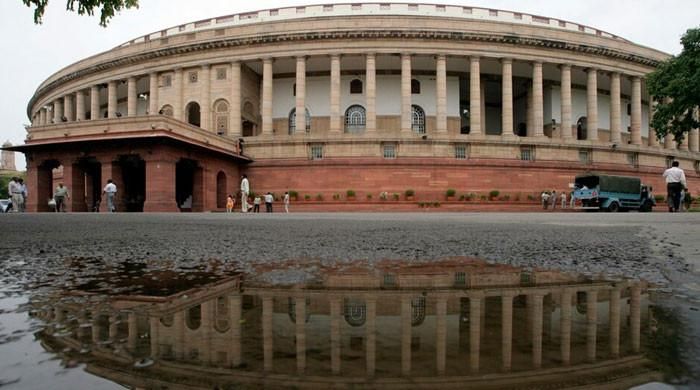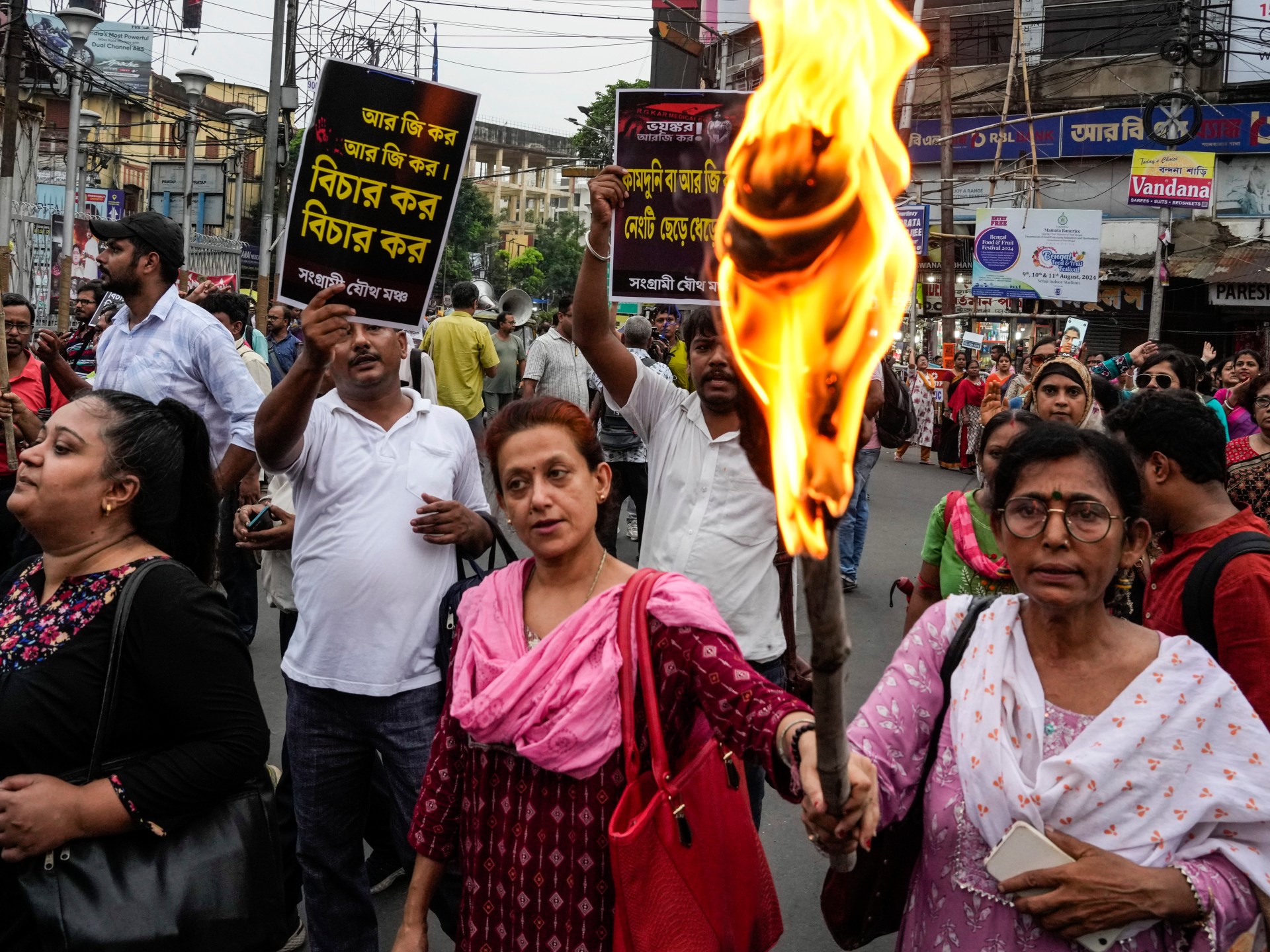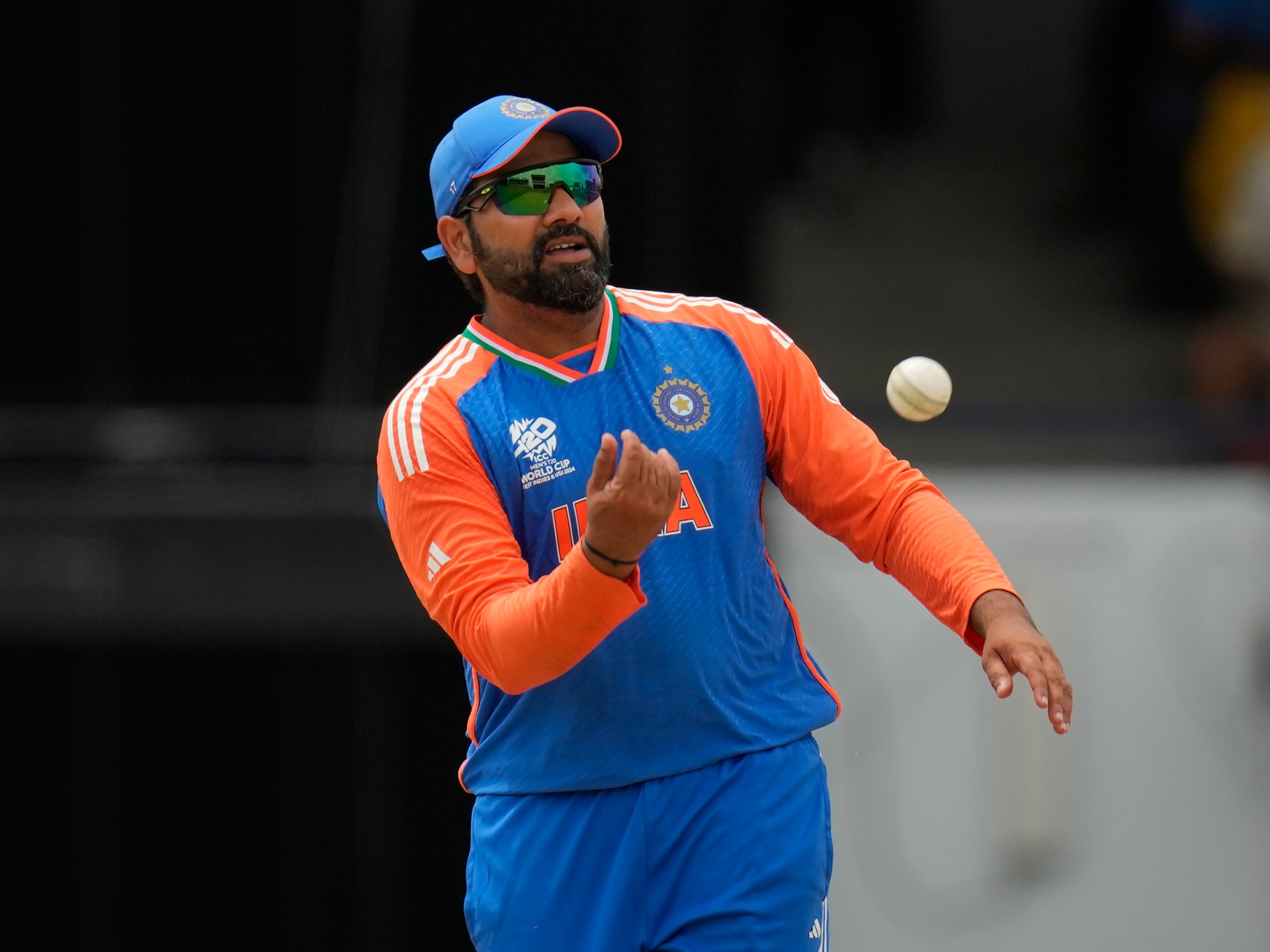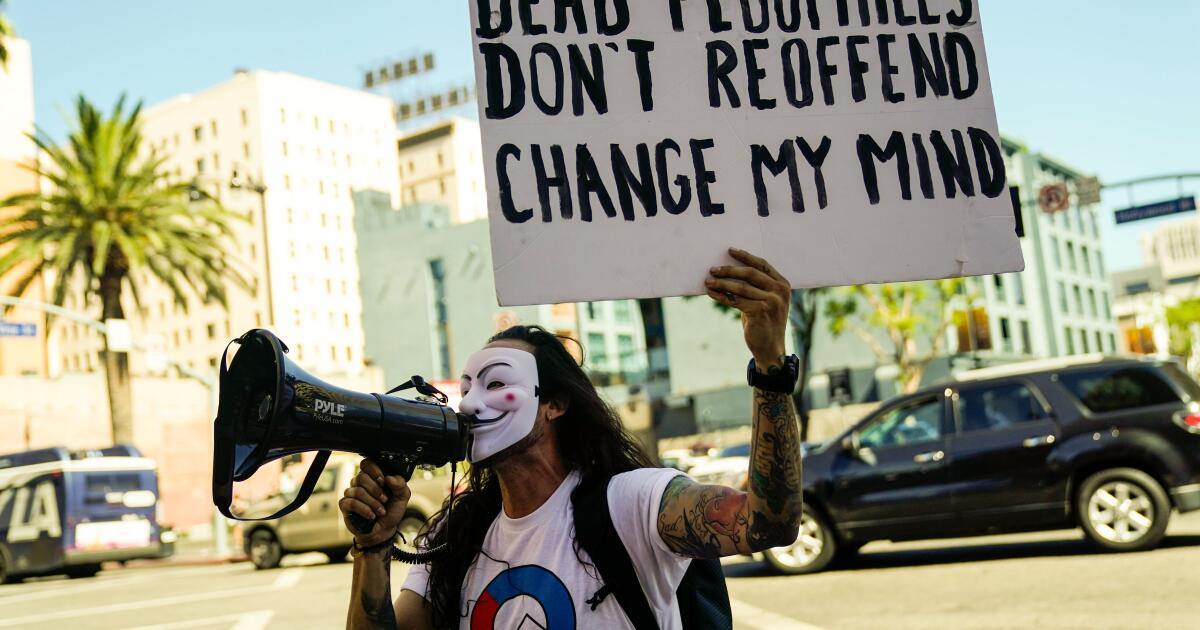NEW DELHI: India on Monday implemented a review of colonial-era penal laws, hailed as a “decisive” move by the top judge but which critics say could worsen an already glacially slow pace of justice.
Home Minister Amit Shah said the codes would help India “become the most modern justice administration system in the world.”
The three revised laws – the penal code and codes relating to criminal procedure and evidence – were passed last year during India's previous parliament, but came into force only on Monday.
Chief Justice DY Chandrachud said they “mark a defining moment for our society”.
Laws addressing sexual assault have been strengthened, while a previous law criminalizing sodomy has been removed.
Key changes include that the time police can hold a suspect will increase from 15 days to 60 and, in some special cases, up to 90.
Previously, it was up to a judge to decide whether a case could go to trial, but the new laws strengthen the decision-making power of the police, something criticised by Supreme Court (SC) lawyer Nipun Saxena.
“Judicial functions cannot be transferred to the police,” Saxena said.
The code has also been modernised, requiring video recordings to be made at the scene of serious crimes, as well as updating the admissible digital evidence.
But critics say the new laws could create confusion as they will parallel those for defendants under the previous system.
India already has a notoriously slow justice system, with millions of cases pending in court at any given time.
Saxena warned that the changes could increase the number of cases awaiting trial by “30-40%”.
Opposition parties said the laws were passed when more than 100 lawmakers were suspended from the chamber, meaning key issues were not debated.
“Many crucial safeguards have been completely omitted,” Saxena said, adding that the new laws violate “at least four articles of the Constitution and many important rulings of the Supreme Court.”
He said these relate to procedural guarantees, protection against unlawful detention and laws against self-incrimination.
Upon independence in 1947, India inherited the 19th-century penal code imposed by British rule, although it was revised by previous parliaments.
“The claim that the changes decolonize the criminal procedure code is false,” Saxena said.
The first person charged under the new codes was a street vendor who blocked a pedestrian bridge in the capital, New Delhi, the Times of India reported.












